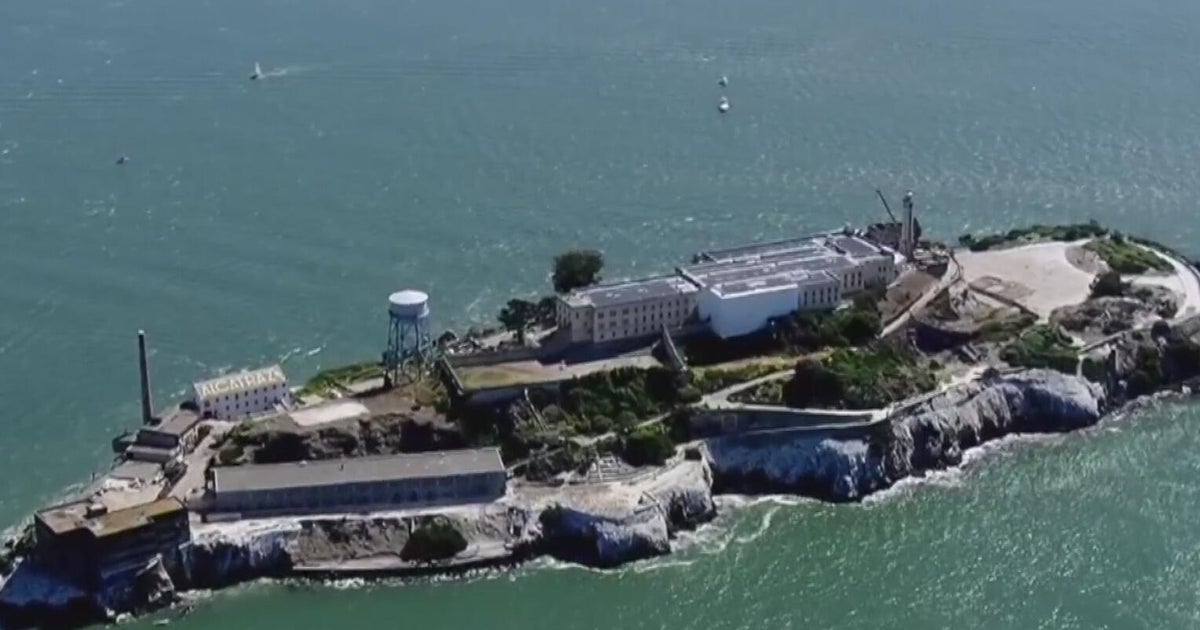The establishment of Florida's controversial "Alligator Alcatraz," an immigration detention center nestled in the remote Everglades, has stirred a heated debate about transparency and governmental overreach.
Did You Know
Sharks existed before trees.
?
AD
The DeSantis administration has faced significant backlash after emails revealed local officials were blindsided by plans to develop the facility, which aims to detain immigrants described by authorities as particularly dangerous. Critics argue that the administration bypassed regulations and seized land under the cover of executive orders, raising ethical concerns about the mechanism behind this drastic move.
As lawyers and immigrant rights groups mobilize against the facility's practices, allegations have surfaced claiming that detainees are being denied essential access to legal counsel. This situation has prompted lawsuits alleging violations of basic rights, intensifying scrutiny over how the state handles vulnerable populations. Alarmingly, prominent local representatives have reported instances of vital contracts related to the detention center’s operation mysteriously vanishing, further fueling accusations of political maneuvering and abuse of power within the administration.
In a simultaneously unfolding story, the Trump administration is pushing forward with plans to reopen the notorious Alcatraz prison, closed since 1963. This move has drawn sharp criticism from prominent figures like Nancy Pelosi, who has branded the initiative “stupid,” framing it within a broader narrative of governmental missteps regarding public safety and justice. As both narratives intersect, they illuminate the charged climate surrounding immigration policy and civil rights in the United States, raising pressing questions about accountability and the treatment of individuals caught in the web of these controversial initiatives.
Q&A (Auto-generated by AI)
What is the history of Alcatraz prison?
Alcatraz prison, located on Alcatraz Island in San Francisco Bay, was established as a federal penitentiary in 1934. It housed some of America's most notorious criminals, including Al Capone and George 'Machine Gun' Kelly. Known for its harsh conditions and isolation, it became synonymous with the ultimate in security. The prison closed in 1963 due to high operating costs and deteriorating infrastructure. Since then, it has been a popular tourist destination, attracting millions of visitors each year interested in its history and infamous inmates.
Why did Alcatraz close in 1963?
Alcatraz closed in 1963 primarily due to its high operational costs and the declining condition of its facilities. The prison was expensive to maintain because of its remote location, which made transportation of supplies and personnel challenging. Additionally, advancements in prison management and rehabilitation methods rendered Alcatraz's strict and isolating environment less effective. The federal government decided to shut it down, leading to its transformation into a historic site and tourist attraction.
What are Trump's reasons for reopening Alcatraz?
President Trump has proposed reopening Alcatraz as a high-security federal prison to address issues of overcrowding in the U.S. prison system and to provide a facility for violent offenders. His administration believes that the notorious reputation of Alcatraz could serve as a deterrent to crime. The idea has sparked significant controversy, with critics arguing that it is impractical and based on outdated notions of incarceration, as highlighted by political figures like Nancy Pelosi, who labeled it a 'stupid initiative.'
How has public opinion shaped the Alcatraz plan?
Public opinion on the reopening of Alcatraz is deeply divided. Supporters argue that it could alleviate prison overcrowding and enhance security for violent offenders. However, many critics, including local politicians and activists, view the plan as misguided and a regression to outdated penal practices. The backlash has been significant, with figures like Nancy Pelosi condemning the proposal as 'lunacy.' This opposition reflects broader concerns about the effectiveness of incarceration policies and the potential impact on the community and tourism.
What role does Pam Bondi play in this initiative?
Pam Bondi, as the U.S. Attorney General, is a key figure in the initiative to reopen Alcatraz. She has been actively involved in promoting the plan alongside Interior Secretary Doug Burgum. Bondi's role includes advocating for the project and addressing legal and logistical challenges associated with transforming Alcatraz back into a federal prison. Her involvement has drawn scrutiny, especially given her controversial political background and the criticism aimed at the Trump administration's prison policies.


















